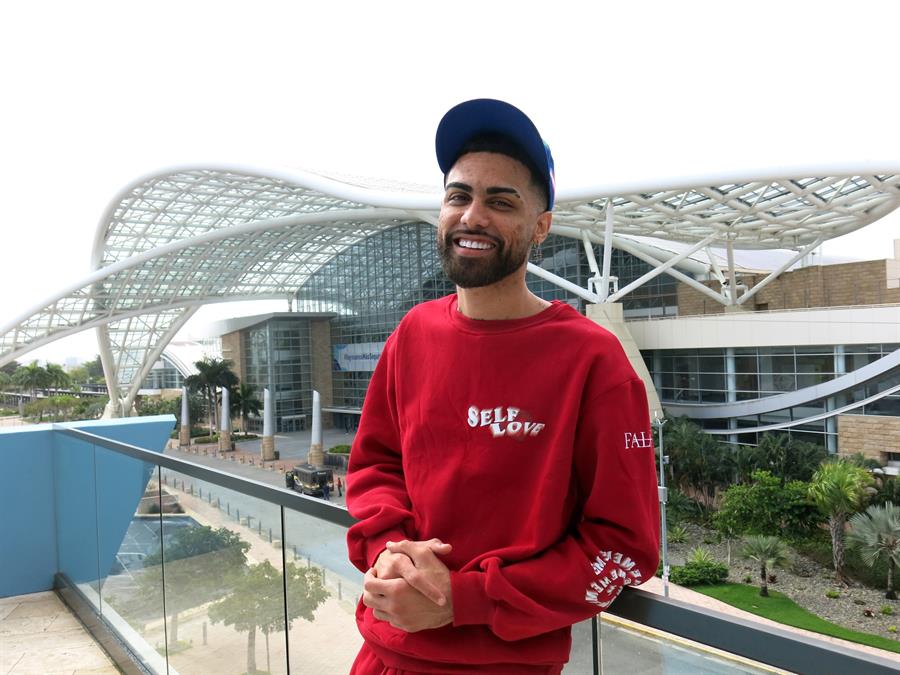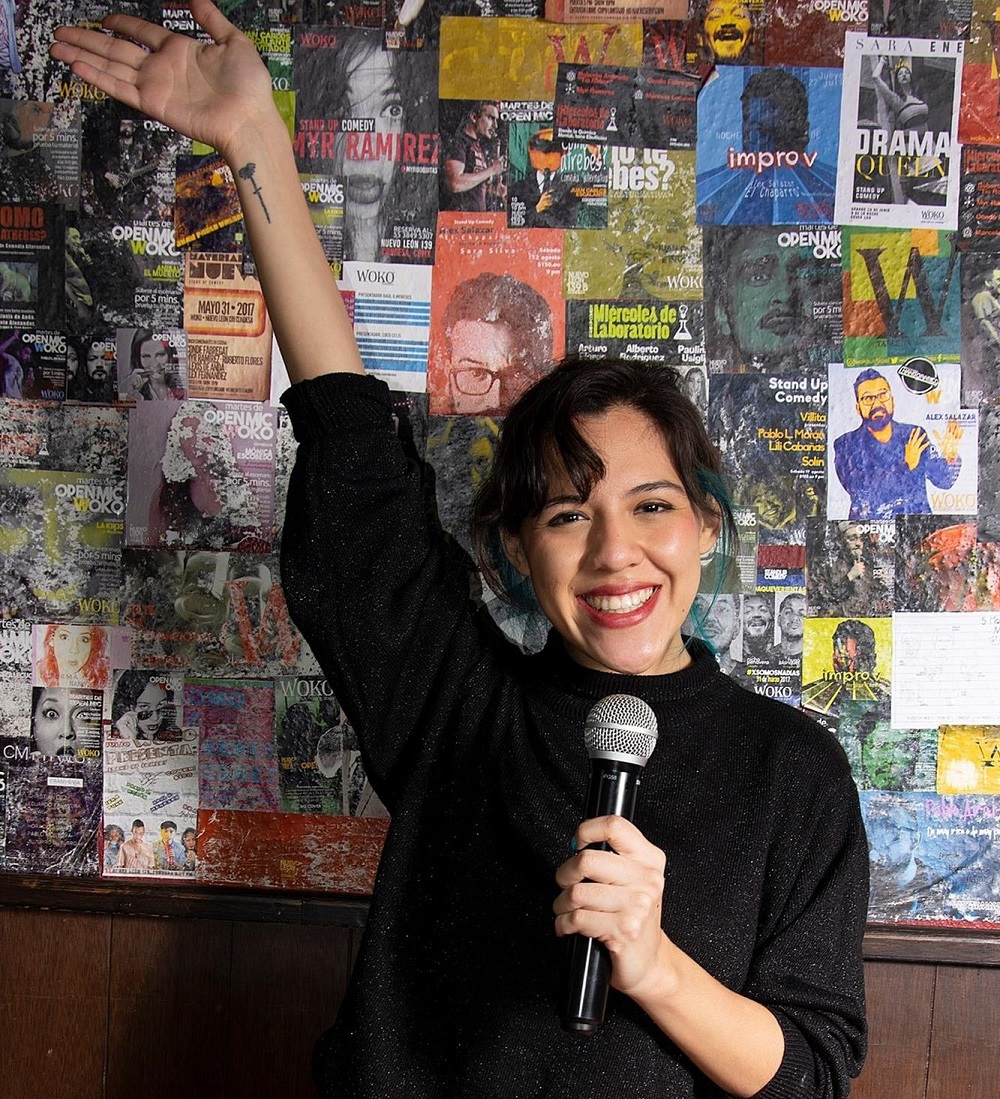Puerto Rican singer Jay Wheeler, one of the exponents of the Latin urban genre, claims in an interview his style is “different” from that of his colleagues and being “the only one who dares to talk about love” as is done in a relationship or after a breakup.
Romantic lyrics and solo songs, without the usual collaborations with other artists, define his most recent album, “El Amor y yo”. A risky decision with which, however, it has positioned itself in the global top 10 of Spotify in the albums released last weekend.
“What identified me within the genre, which made me different, is that I am like one of the few who sings about love, who sings romantically, who sings about heartbreak, who talks about the real things that one feels when one separates. or falls in love”, assures the artist.
After his albums “Platónico” (2019) and “Platónicos” (2020), produced by Puerto Rican DJ Nelson, and winning the “New Male Generation” award at the Premios Juventud in 2021, Wheeler chose to return to his origins with this new twelve-song album
RECOVER ITS ARTISTIC ROOTS
“Going back to those roots that I started and my fans missed; they missed me making music alone, that’s why the album has no collaborations,” he explains during the interview at a hotel next to the Puerto Rico Convention Center.
The young man, born in Salinas 27 years ago under the name of José Ángel López Martínez, considers that his followers needed to “listen to the romantic, heartbreaking and sad Jay Wheeler.”
“Love plays a very important role in my life and I never like to leave it out of my projects,” highlights the author of songs like “Viendo El Techo,” which reached number one on Billboard’s Latin Rhythm Airplay list.
That single, like “Dos tragos”, was also solo, but with a more danceable and commercial point. For this reason, he wanted to return to the idea of some of his first songs, such as “Sin ti” or “Te soñé”, which in the singer’s words were “very sad”.
“I think my fans needed Jay with guitar only, with piano, that made you feel like you have to cry, that when you listen to it you remember your past. And I did it alone for that very reason because I started like that, I started on my own”, he stresses.
DIFFICULT BEGINNINGS
That particular style within the urban genre made the start of his career “super difficult, but necessarily difficult,” according to Wheeler, who believes that when the process is slow “you enjoy yourself more and you grow more as a person and as an artist.”
“I started with my first heartbreak when the trap had started, and I couldn’t trap because at that time I lived with my mom and the trap was a little strong in the words it said and my mom didn’t allow it. I had to live of romantic music that wasn’t doing anything at the time,” he says.
Nowadays, everything is simpler since, in the opinion of the singer and composer, a level has been reached in music in which any song “can explode and be a hit” because “there is no longer that problem of having to do something specific” like pure reggaeton or trap.
Wheeler’s insecurity, the result of the bullying he suffered when he was little, also influenced his beginnings, although he has managed to handle this trauma maturely.
“It’s something that will mark you forever. It’s impossible for you to stop being insecure. Now the difference is that I’m a little more confident but I never stop being insecure, I’m not going to deny it to you”, be honest.
DARING DESPITE HIS INSECURITY
Despite these insecurities and his own style, Wheeler has been nominated for last year’s Latin Grammy Awards for Best Reggaeton Performance and Best Urban Song for his song “Curiosity”, along with Myke Towers.
“I would call my style different, not because I am doing something totally different from others, simply because I dare to do things that perhaps not many dare, much less at the beginning of their career”, he highlights.
One example is to make an album completely alone since collaborations are normally used to add fans of different artists: “It’s an easy way to have numbers and I decided not to do it,” he adds.
However, it is not closed to collaborations. In the future, he would love to do a song with other Puerto Ricans like Bad Bunny, Anuel, and Ozuna, while among his “idols” he highlights his fellow countrymen Arcángel and Farruko.
His goals also include releasing a full album in English (“I always loved and respected American music,” he says) and singing at the Coliseo de Puerto Rico, the main stage of his native island and the dream of any Puerto Rican artist.



















































































